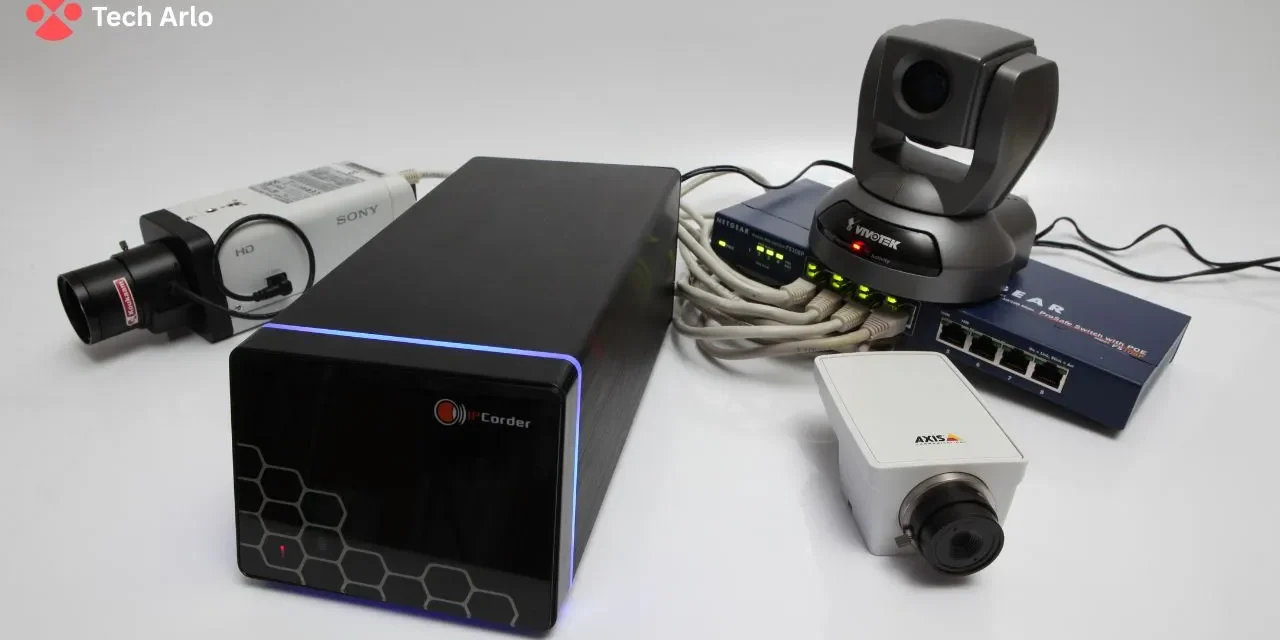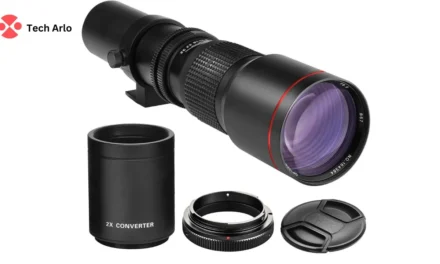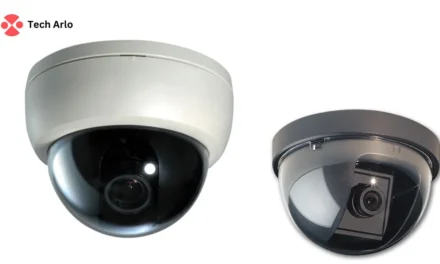What is an IP camera? An IP camera is a digital video device that transmits footage over a network. Used in both local and internet-based systems, it enhances modern security setups. Compared to analog options, IP cameras offer better clarity and more innovative features.
You’ll find top camera brands, such as Maraca, offering various IP camera types at different price points. Whether used in homes or businesses, these cameras work via local area network protocols. With brands like Hikvision, video surveillance has become increasingly advanced. Discover the differences between IP cameras and HD cameras. So, what is an IP camera in today’s digital age?
What Is An IP Camera?
An IP camera, short for Internet Protocol camera, is a type of digital video camera that sends and receives data over a network or the internet. Unlike old-fashioned analog cameras, IP cameras don’t need a separate recording device. They can work independently, making them a wise choice for modern security systems.
What Is An IP Camera Used For?
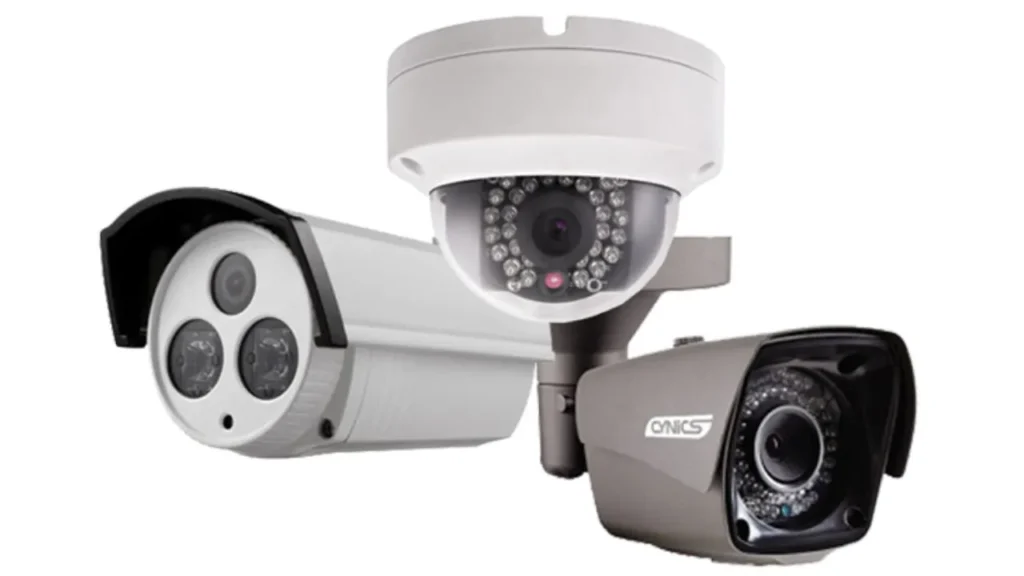
What is an IP camera used for? These cameras are commonly used for:
- Home security: Keeping an eye on your house when you’re away.
- Business surveillance: Monitoring offices, stores, and warehouses.
- Traffic monitoring: Observing roads and intersections to identify traffic patterns and trends.
- Public safety: Monitoring parks, schools, and other public areas to ensure the safety of all individuals.
Because they can connect to the internet, you can view live footage from anywhere using your smartphone or computer.
How IP Camera Works
Understanding how IP camera works is simple:
- Capturing Video: The camera records digital video.
- Processing Data: It processes the video using built-in software.
- Transmitting Data: The video is sent over a local area network (LAN) or the internet.
- Storing Footage: The footage can be saved on a computer, network storage, or cloud service.
Some IP cameras utilize Power over Ethernet (PoE), which means they receive power and data through a single cable, simplifying installation.
Types of IP Cameras
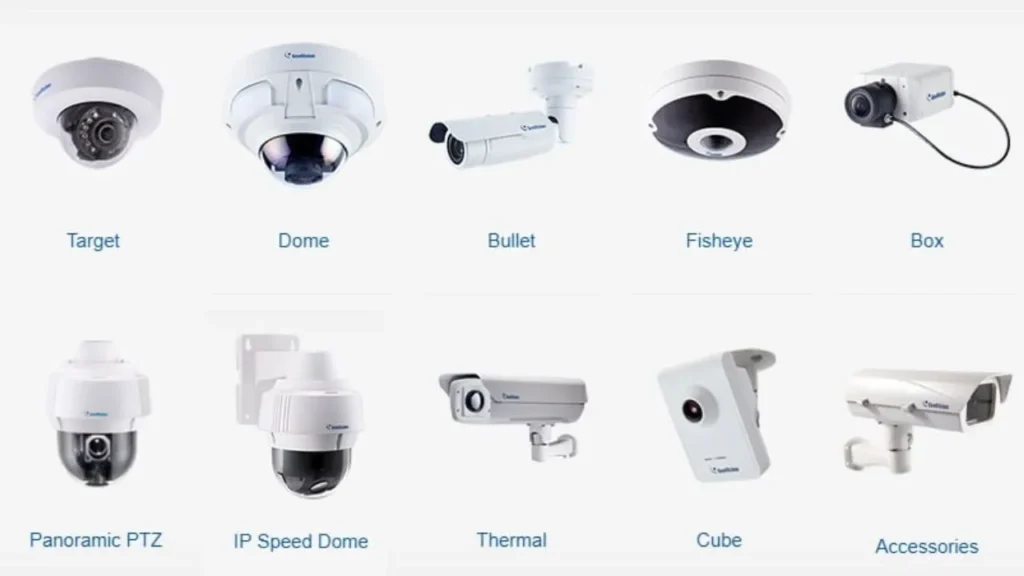
Various types of IP cameras enable people to monitor their homes, businesses, and even streets. Each camera has its purpose, features, and operating method. Let’s take a closer look at the most common types of IP cameras currently in use.
1. Pan Tilt Zoom (PTZ) IP Cameras
PTZ IP cameras can move in various directions and zoom in on objects from a distance. These are very helpful in areas where you need to monitor an ample space.
Pan Tilt Zoom (PTZ) IP cameras are flexible cameras that can rotate left and right (pan), move up and down (tilt), and get closer to objects (zoom). They are often used in large, open spaces, such as shopping malls, stadiums, or parking lots. You can even control them remotely.
2. Fixed IP Surveillance Cameras
Fixed cameras stay pointed in one direction. They don’t move, but they provide a constant view of a specific area. These are useful for doorways or hallways.
Fixed IP surveillance cameras are designed to monitor a single location continuously. Because they don’t move, they offer stable and precise footage of a particular area. People often use them to watch entrances, backyards, or hallways where movement is not needed, but reliable viewing is essential.
3. Wireless IP Cameras
Wireless cameras do not need wires to send video. They use WiFi to connect, which makes them easy to install anywhere.
Wireless IP cameras are great when you don’t want to deal with messy cables. These cameras connect to the local area network using WiFi, making setup quick and simple. They’re ideal for homes or offices where drilling holes for wires isn’t possible or allowed. They’re also easy to move when needed.
4. PoE IP Cameras
PoE cameras get both power and data through a single cable. That makes them fast to install and keeps the setup clean and neat.
Power over Ethernet (PoE) IP cameras are renowned for their reliability and ease of installation. They only need one cable to send digital video and receive power. This makes them a favorite for both small and large security camera systems. They work well in areas where Wi-Fi is weak or congested.
Read More: HOW MUCH DOES A SNAKE CAMERA COST?
HOW TO USE YOUR HELLO KITTY CAMERA FOR STUNNING PHOTOS?
Benefits of IP Cameras
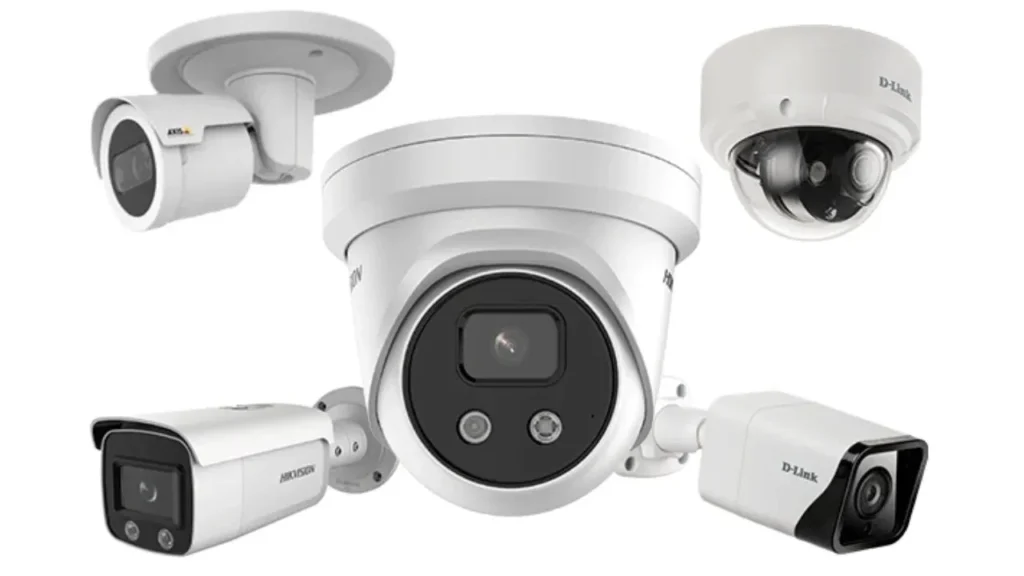
What is an IP camera suitable for? Here are some benefits:
- High-Quality Video: Clear images, even in low light.
- Remote Access: View footage from anywhere.
- Scalability: Easily add more cameras to your system.
- Integration: Work with other security devices, such as alarms.
- Cost-Effective: Save money over time with fewer cables and maintenance.
Key Features to Look for in an IP Security Camera System
Choosing the right IP camera system is not just about picking any camera. It’s about knowing which features will truly keep your place safe and easy to watch. Here are the key features to consider when purchasing an IP security camera.
1. Resolution
A camera’s resolution indicates how clear the video will appear. The higher the resolution, the more details you can see — like faces, license plates, or small movements.
Resolution is one of the most essential features of any IP camera. Cameras with HD (High Definition), Full HD (1080p), or even 4K resolution offer sharp and clear images. This helps you zoom in without the picture becoming blurry. A high-resolution camera makes it easier to spot essential details in the video footage.
2. Night Vision
Many things happen at night, so your camera must be able to see clearly, even in the dark. Night vision ensures your camera remains operational 24/7.
Night vision allows your IP camera to see clearly in low light or even complete darkness. Most cameras use infrared (IR) LEDs to illuminate dark areas without being visible. This is particularly helpful for outdoor cameras or areas with poor lighting conditions. Good night vision keeps your security strong at all hours.
3. Motion Detection
Motion detection enables the camera to recognize when something moves. It saves storage space and lets you know when something important is happening.
With motion detection, the IP camera only starts recording when movement is detected. This reduces storage use and helps you avoid hours of useless video. It can also send you instant alerts, so you know right away if someone is there. This makes your system more innovative and more efficient.
4. Two-Way Audio
Two-way audio lets you hear what’s happening and also talk through the camera. It’s like a walkie-talkie with a camera attached.
Two-way audio is a helpful feature that allows communication through the camera. You can listen to sounds near the camera and talk back using your phone or computer. This is great for talking to family members and visitors or even warning strangers. It adds another layer of control to your security camera system.
5. Storage Options
Every camera needs a place to save its video. Some save it on a chip inside; others send it to the internet or another computer.
Storage options are key in any digital video system. IP cameras offer several options for storing footage, including local storage (such as SD cards), network storage (like NVRs), and cloud storage. Cloud storage allows you to access videos from anywhere, while local storage provides more control. Good storage ensures your footage is safe and easily accessible.
6. Encryption
Your camera sends data over the network, and hackers may attempt to intercept it. That’s why encryption is so important — it keeps your video private and secure.
Encryption protects the data your IP camera sends through the internet or local area network. It works like a secret code that only your system can understand. With strong encryption, no one can hack into your camera or watch your footage without permission. It’s a must-have for safe digital protocol cameras.
What Is an IP Camera System?
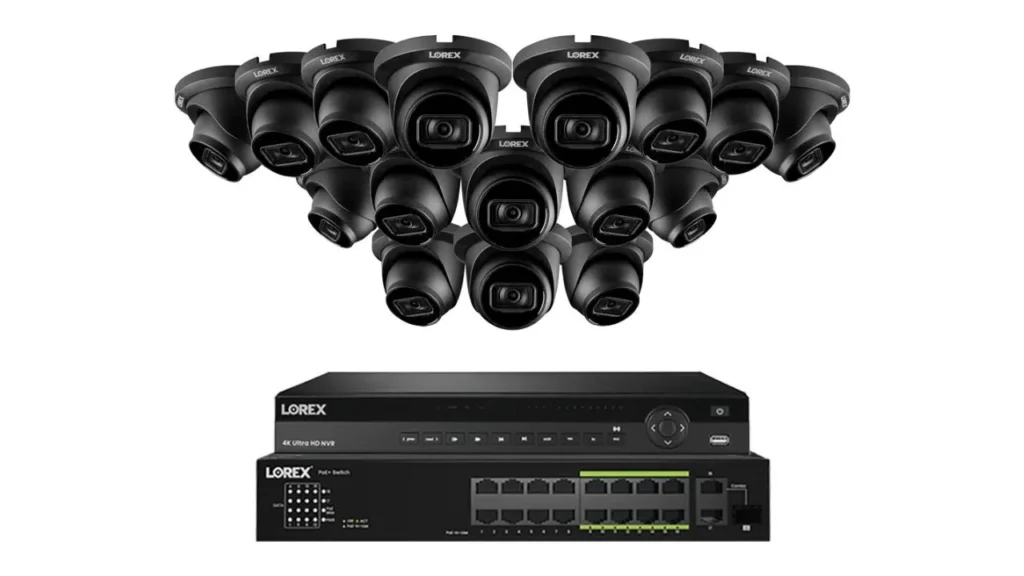
An IP camera system is a setup that includes multiple IP cameras connected to a local area network (LAN) or a vast area network (WAN). It allows for centralized control, recording, and monitoring. These systems are flexible and can be scaled up as needed.
Read More: BEST LEAVENWORTH CAMERAS FOR TRAVEL PHOTOGRAPHY
What Industries Can Benefit from IP Cameras?
Many industries use IP cameras for security and monitoring:
- Retail: Prevent theft and monitor customer behavior to ensure a secure environment.
- Education: Ensure student safety in schools.
- Healthcare: Monitor patients and secure facilities.
- Transportation: Stay aware of traffic and public transit.
- Manufacturing: Oversee production lines and equipment to ensure optimal performance.
FAQs
Do IP Cameras Work Without Internet?
Yes, IP cameras can function without an internet connection if they are connected to a local area network. However, remote access features won’t be available.
Which Is Better: WiFi Camera or IP Camera?
IP cameras often offer superior video quality and additional features compared to basic WiFi cameras. They are more suitable for comprehensive security systems.
Does IP Camera Need Electricity?
Yes, IP cameras require power. They can be powered through traditional outlets or via Power over Ethernet (PoE) cables.
Are IP Cameras Safe?
When properly secured with strong passwords and encryption, IP cameras are safe. It’s essential to keep the camera’s firmware up to date to protect against vulnerabilities.
Are IP Cameras Expensive?
The price of an IP camera varies based on its features and quality. While some models are pricier than analog cameras, they offer better functionality and can be more cost-effective in the long run.
Conclusion
In Conclusion, what is an IP camera? It is an innovative digital security device that connects to your network or the internet, allowing you to watch and protect your home or business from anywhere in the world.
With many types and helpful features, an IP camera makes security simple and effective. Whether you want to keep an eye on your property or monitor important areas, understanding what is an IP camera will help you choose the right system for your needs.

